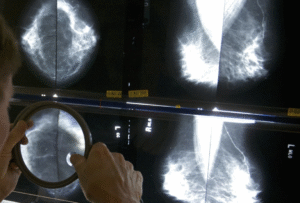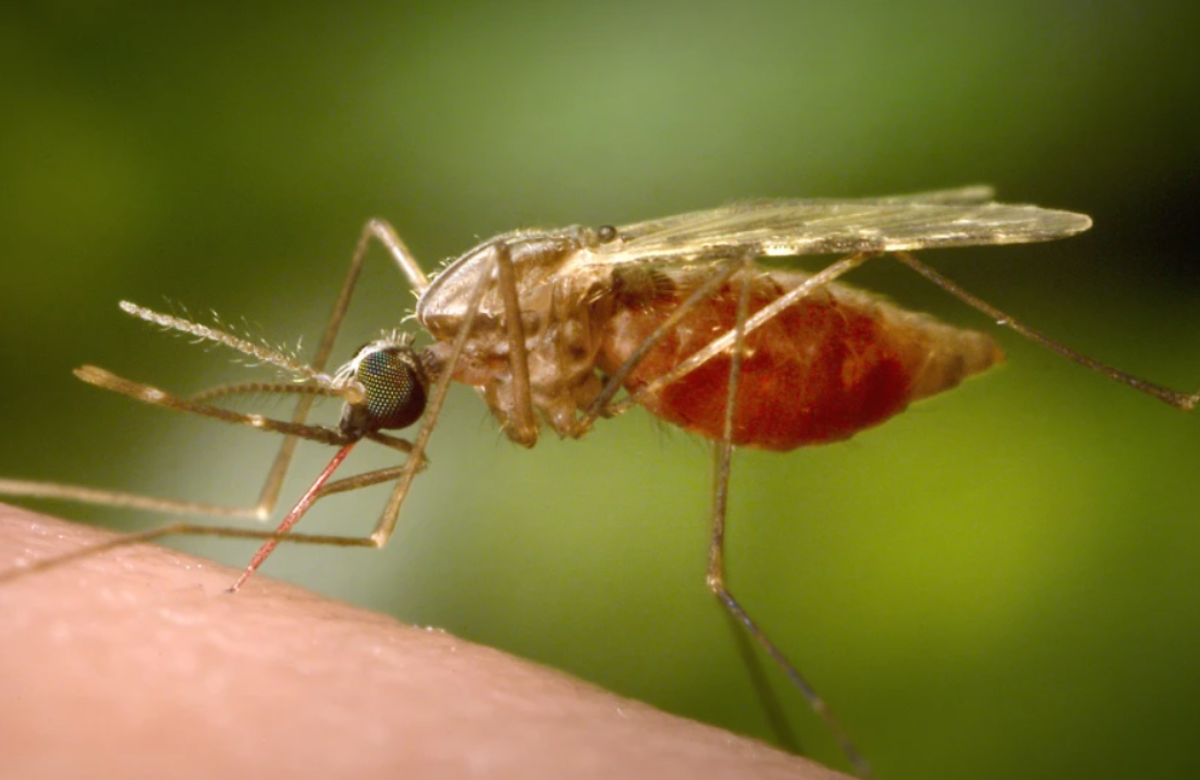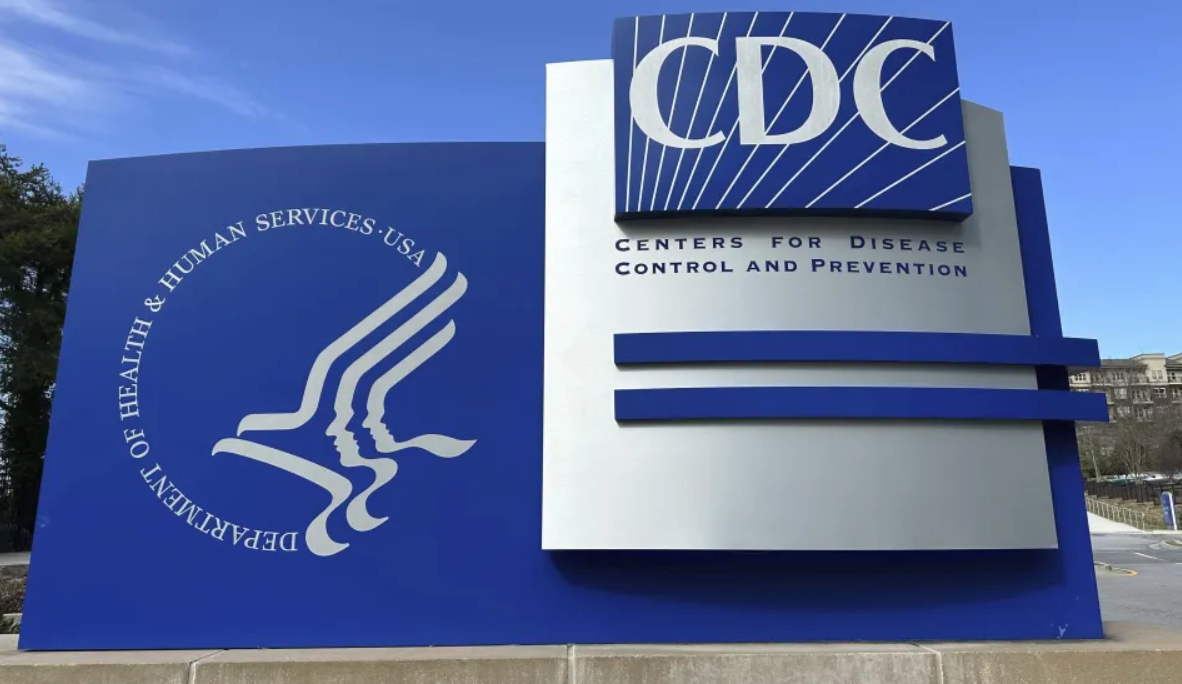According to new research, 1 in every 12 children is a victim of online sexual exploitation and abuse. Researchers have called for global focus and immediate action on this critical issue.
Georgia State University School of Public Health researcher Dr. Xiangming Fang said, “With rapid advances in digital technology and increasing access to the Internet and smartphones in developing countries, children are at greater risk every day.”
Research reports and statistics:
The report, published Tuesday in the journal The Lancet Child and Adolescent Health, reviewed 123 studies from 2010 to 2023. The researchers studied the types of sexual abuse that children under 18 face, including online solicitation, sexual abuse, blackmailing (threats to reveal sexual content), and sharing sexual images and videos without permission.
Last year, the National Center for Missing and Exploited Children and Homeland Security Investigations received more than 36 million complaints of child sexual abuse. The number of unreported cases is still unknown.
Types of sexual abuse:
According to research, online sexual exploitation takes many forms.
- Online solicitation: Exploited for sexual conversations, exchange of photos or videos.
- Sexual blackmailing: Exposing children’s private content and threatening to demand money, gift cards, or sexual acts.
- Sharing content without permission: Creating and disseminating pictures or videos of children in helpless conditions.
The new threat of technology:
Misuse of artificial intelligence (AI) technology, use of deepfake images and videos, is increasing exploitation and abuse. “Each use of these materials is psychologically and physically harmful to children,” said Dr. Fang.
How to protect children?
Dr. Cara Alaimo said the first step should be to explain and communicate with children about the dangers online. Parents should monitor children’s online time and encourage them to play outside or meet friends in person.
New features for parents on Instagram allow kids to monitor their interactions, but keep their privacy intact.
Resources for getting help:
If children experience online exploitation, parents should contact the National Center for Missing and Exploited Children, RAINN, or law enforcement agencies.
This problem is avoidable, but it is necessary to act from the point of view of public health, says Dr. Deborah Fry.
We can keep children safe if online sexual abuse is identified and addressed early.














